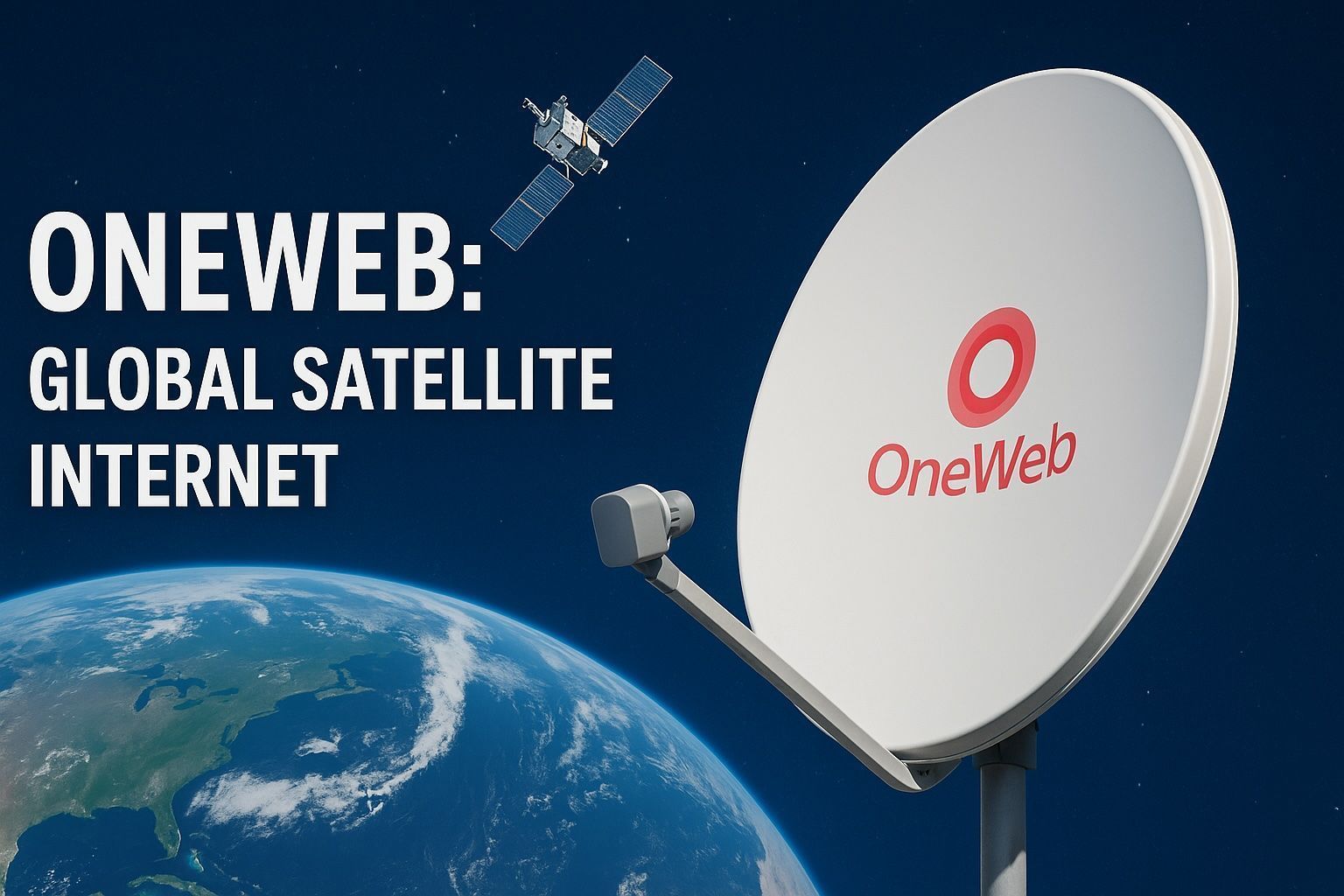
Global Satellite Internet Showdown 2025: Starlink vs. Viasat vs. OneWeb – Who’s Winning the Race for Space Broadband?
Key Facts Introduction Satellite internet has entered a new era in 2025. Once a niche last-resort service with slow speeds and tiny data caps, it’s now a fast-growing sector powering everything from rural homes to airplanes in flight. The charge



